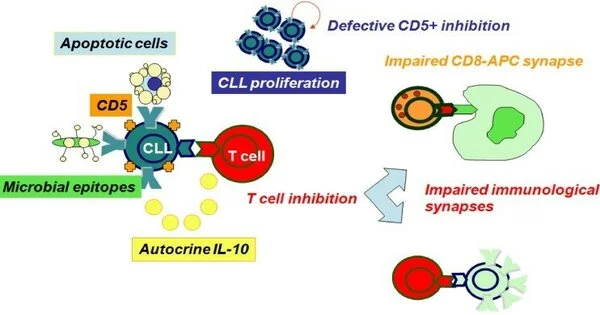In immunology, “infectious tolerance” is a phenomenon in which the immune system tolerates or accepts a specific antigen as a result of exposure to regulatory immune cells. This concept is critical in understanding the mechanisms underlying immune tolerance, which is the immune system’s ability to recognize and coexist with the body’s own cells and tissues while still responding effectively to external threats such as pathogens.
Infectious tolerance is a phenomenon in which a tolerance-inducing state is passed from one cell population to another. It can be induced in a variety of ways; while it is frequently artificially induced, it is a natural in vivo process. In organ transplantation, there is a risk of rejection, where the recipient’s immune system recognizes the transplanted organ as foreign and mounts an immune response against it.
However, exposing the recipient to regulatory immune cells or molecules from a donor (or another source) can induce a state of tolerance. This means that the recipient’s immune system becomes tolerant to the transplanted organ, lowering the risk of rejection. A number of studies are being conducted to develop a strategy for using this phenomenon in transplantation immunology. The goal of short-term therapy is to achieve long-term transplant tolerance.
Induced regulatory T cells (Tregs), a subset of T cells with immunosuppressive properties, are one example of infectious tolerance. Tregs are critical in maintaining immune tolerance and preventing autoimmune reactions. When Tregs come into contact with a specific antigen, they can suppress the immune response, resulting in tolerance. This tolerance can then “infect” or spread to other immune cells, promoting an immune-tolerant state in general.
Understanding and exploiting infectious tolerance is an active area of immunology research, with potential applications in transplantation, autoimmune diseases, and other immune-related conditions. Researchers hope to create strategies for inducing and manipulating infectious tolerance in order to achieve therapeutic goals such as preventing rejection in organ transplantation or treating autoimmune disorders.
















